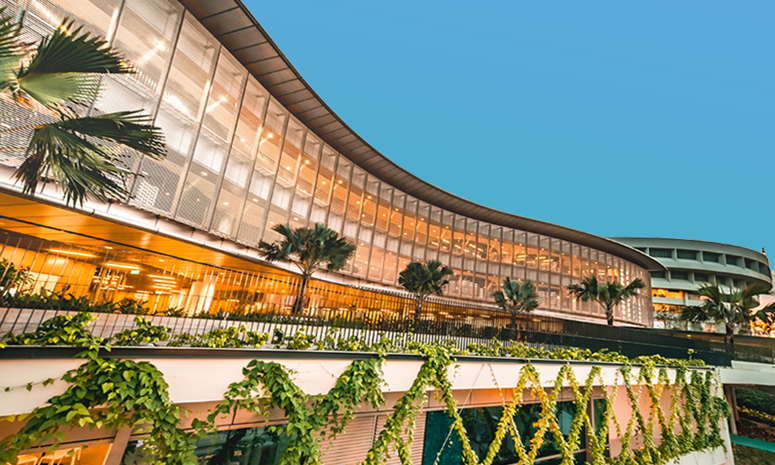Introduction
Happiness is our birthright - we have the ability to develop secure attachments from young that sustain us over the course of a lifetime, through good and bad times, due to our evolutionary origin as mammals. Yet many of us seem to have trouble living a contented life in this world with its burdens and cares. In our quest to be happy, some of us even join New Age Movements and consult fortune-tellers on happiness.
In this module on happiness which is targeted at beginners, participants will be introduced to the main concepts, theories and findings in positive psychology. Participants will explore two basic ways of understanding happiness, namely, hedonia (happiness as pleasure) and eudaimonia (happiness as meaning). They will analyze the key components that make up a pleasurable (hedonic happiness) as well as meaningful life (eudaimonic happiness). Participants will learn about the roles of Nature (genes) and Nurture (environment) in the development of happiness. They will examine how happy people behave as opposed to unhappy people. In addition, participants will be familiarized with various models/theories of happiness such as the sustainable happiness model, broaden-&-build theory of positive emotions, PERMA etc. They will learn how to use this psychological knowledge to enhance their happiness at home, in school, in the workplace as well as the larger community.
This course is part of:
- Graduate Certificate in Learning and Development
- FlexiMasters in Learning and Development
- MDP904 Motivation, Volition and Learning in-Action
- MDP907 How to Nurture Creative and Happy Learners (OR DP907A-C)**
- One of the following courses:
- MDP909 Assessment and Development of 21st Century Competencies (OR DP909A-C)**
- MDP906 Personality and Attitude Assessment
Upon completion of all courses, learners will fulfill the AU requirements to attain the FlexiMasters in Learning and Development (16 AU).
**Learners have to complete the entire set of modularised courses to be considered as completing one course.
Course Availability
-
Date(s): 18 Apr 2024 to 02 May 2024
Time: 18, 25 Apr & 2 May, 1pm to 4pm (4hrs of e-Learning tasks)
Venue: NIE
Registration is closed.
On completion of the course, the learners should be able to:
Standard Course Fee: S$1,122.70
| COURSE TITLE | ACADEMIC UNIT |
| MDP904 Motivation, Volition and Learning in Action* | 4 |
MDP906 Personality and Attitude Assessment | 4 |
| MDP907 How to Nurture Creative and Happy Learners* | 4 |
| DP907A Discovering My Creative Self: A Psychological Journey | 1 |
| DP907C Discovering My Creative & Happy Self: Further In & Further Out | 2 |
| MDP909 Assessment and Development of 21st Century Competencies | 4 |
| DP909A Principles and Perspectives of Assessing 21st Century Competencies | 1 |
| DP909B Designing Task and Rubric for Assessing 21st Century Competencies | 1 |
| DP909C Assessing 21st Century Competencies | 2 |
Listed courses are:
- Credit-bearing and stackable to Graduate Certificate in Learning and Development (total 12AUs) and FlexiMasters in Learning and Development (total 16AUs)
*SSG funded and SkillsFuture Credit approved














/enri-thumbnails/careeropportunities1f0caf1c-a12d-479c-be7c-3c04e085c617.tmb-mega-menu.jpg?Culture=en&sfvrsn=d7261e3b_1)

/cradle-thumbnails/research-capabilities1516d0ba63aa44f0b4ee77a8c05263b2.tmb-mega-menu.jpg?Culture=en&sfvrsn=1bc94f8_1)

7e6fdc03-9018-4d08-9a98-8a21acbc37ba.tmb-mega-menu.jpg?Culture=en&sfvrsn=7deaf618_1)





